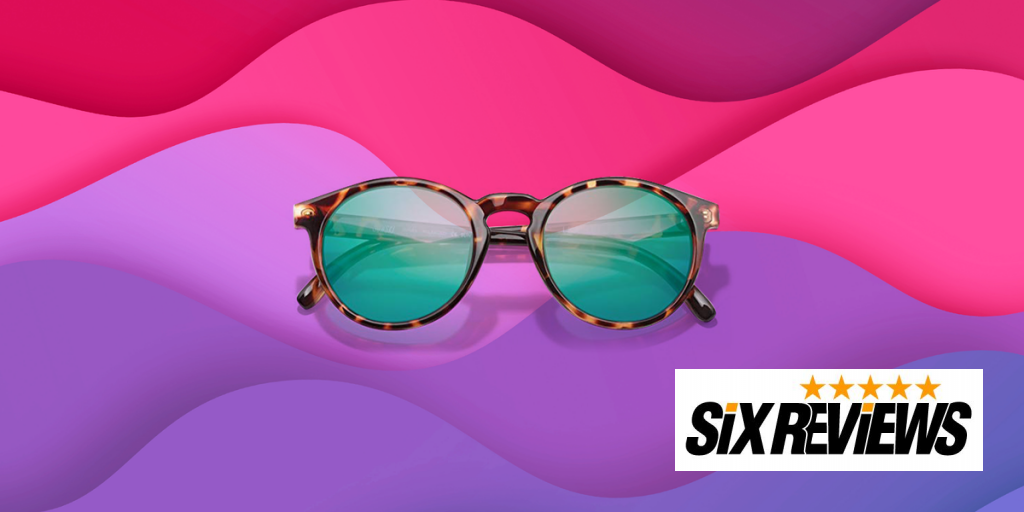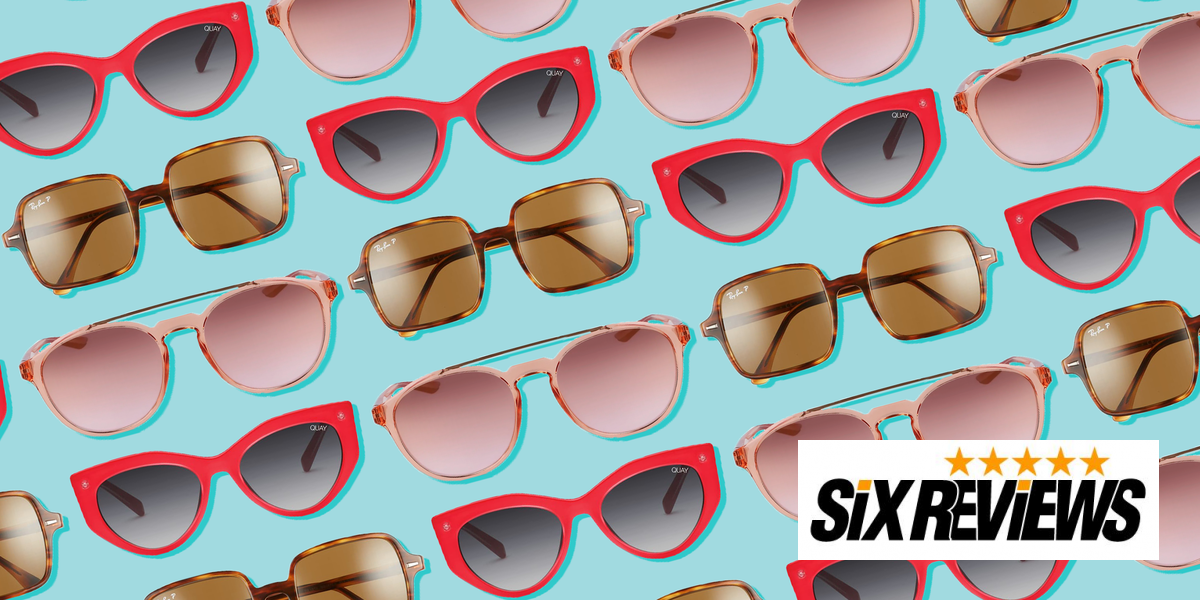Sunglasses are important. Most people would launch the discussion as the issue of sun exposure comes up by asking about skin and melanoma, which you can never be too cautious about. After all, in the US, last year, about 100,000 individuals are diagnosed with invasive skin melanoma. [1] The ultraviolet rays coming from the sun, however, have put your eyesight at serious risk and it is important to raise additional consciousness.
Sunglases Studies
A 2014 study[2] sponsored by the National Institutes of Health revealed that Ultraviolet light can cause damage to the lenses of your eyes. Over sufficient time and dosage, this UV injury can cause a person’s eyesight to be compromised and increase the occurrence of cataracts that can contribute over time to disability and blindness.
However, according to Dr. Rebecca Taylor, an ophthalmologist based out of Nashville who is also a spokesperson for the American Academy of Ophthalmology, “UV radiation, which is invisible to the naked eye, travels through and damages fragile tissues inside without proper shielding.” The retina, found at the back of the eyes, has an extremely sensitive region called the macula in the middle. “If the retina is a target just behind the pupil, the macula is the bull’s eye of the retina,” she says. “The macula is squarely struck like a laser by light hitting the eye.”

Even worse, there is more evidence[3] that UV exposure to radiation raises the risk of macular degeneration, which is perhaps the main cause[4] of age-related blindness. In addition to a normal and short-term eye infection known as “welder’s burn,” or photokeratitis, which is like a sunburn of the eyes, eye cancer has often been associated with prolonged sun exposure. Welder’s burn can result in significant areas in the eyes where you have bad vision or even blindness, but in most cases, these effects are only transient and do not cause permanent harm.
In addition, depending on the environment and time of day you are exposed to the sun, damage from UV light is unique. Windshields, water, and snow appear to reflect light, further straining the vision. “According to Dr. C. Stephen Foster, who serves as an ophthalmology professor at Harvard Medical School, spending time on a boat, lake, or on the open sea, running in the winter, or traveling when it is especially sunny outside” can essentially be like having a double dose of UV radiation. Altitude is another crucial factor to remember since UV light is greater at height, which also brings a higher chance of injury without a person wearing the appropriate eyewear.
That being said, all the dangers can be essentially minimized by something as basic as a pair of sunglasses. However, be cautious, for not all brands have the same protection. It doesn’t matter whether the colors are a particular color or how dark they are, according to Taylor. “Sunglasses that can block between 99 percent and 100 percent of UVB and UVA rays should always be issued.”

Pricing
The price is another thing people put so much emphasis on. The fact of the matter is that even inexpensive sunglasses from department stores will cover your eyes, but they must have a sticker that states the rate of UV security. Lastly, “polarization has little to do with ultraviolet safety,” according to Taylor.
Lens size clearly makes a major difference. “You get more coverage with a larger lens,” she says. “Thin, circular glasses inspired by the ones Lennon wore let a lot of light from any direction.” This argument is backed by research. In 2018, researchers from Switzerland published a study[5] showing that compared to larger shade versions, smaller sunglasses make more UV light. In addition, goggles with special protection have removed the most dangerous rays.
Unsurprisingly, sunglasses can not always be worn. Sometimes, according to some published research, wearing them can interact with photoreceptors in your eyes that help build a circadian clock that controls your appetite, sleep, and other vital bodily functions. [6] Other studies [7] have shown that having sufficiently bright light in the morning is necessary for a successful night’s rest. So, if you want to sleep tight come nighttime, slipping on your shades first thing in the morning might not be such a smart idea.
Dr. Foster urges individuals to try to keep off wearing shades before 10 a.m. The light you receive from the morning sun, under normal conditions, is not bright enough to cause major health threats or harm your skin. According to him, it is easier to let the morning light change the “natural clock” of your body.
[1] https://www.cancer.net/cancer-types/melanoma/statistics
[2] https://www.ncbi.nlm.nih.gov/pubmed/24798334
[3] https://iovs.arvojournals.org/article.aspx?articleid=2266015
[4] https://www.cdc.gov/visionhealth/basics/ced/index.html#a3
[5] https://www.nature.com/articles/s41370-018-0087-0
[6] https://www.ncbi.nlm.nih.gov/pmc/articles/PMC2717723/ [7] https://www.sleephealthjournal.org/article/S2352-7218(17)30041-4/fulltext

Zombie nerd. Entrepreneur. Unable to type with boxing gloves on. Hardcore food lover. “You’re not a real man until you’ve loved a woman who does a little dance before she pushes out a fart.”

